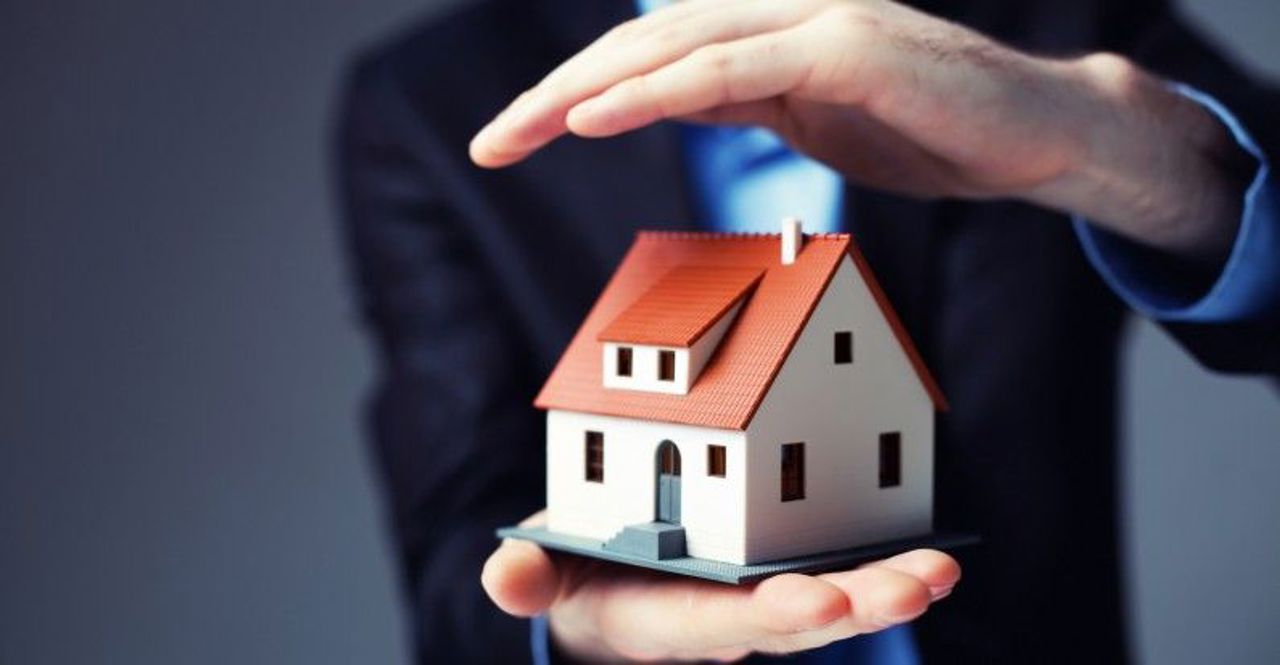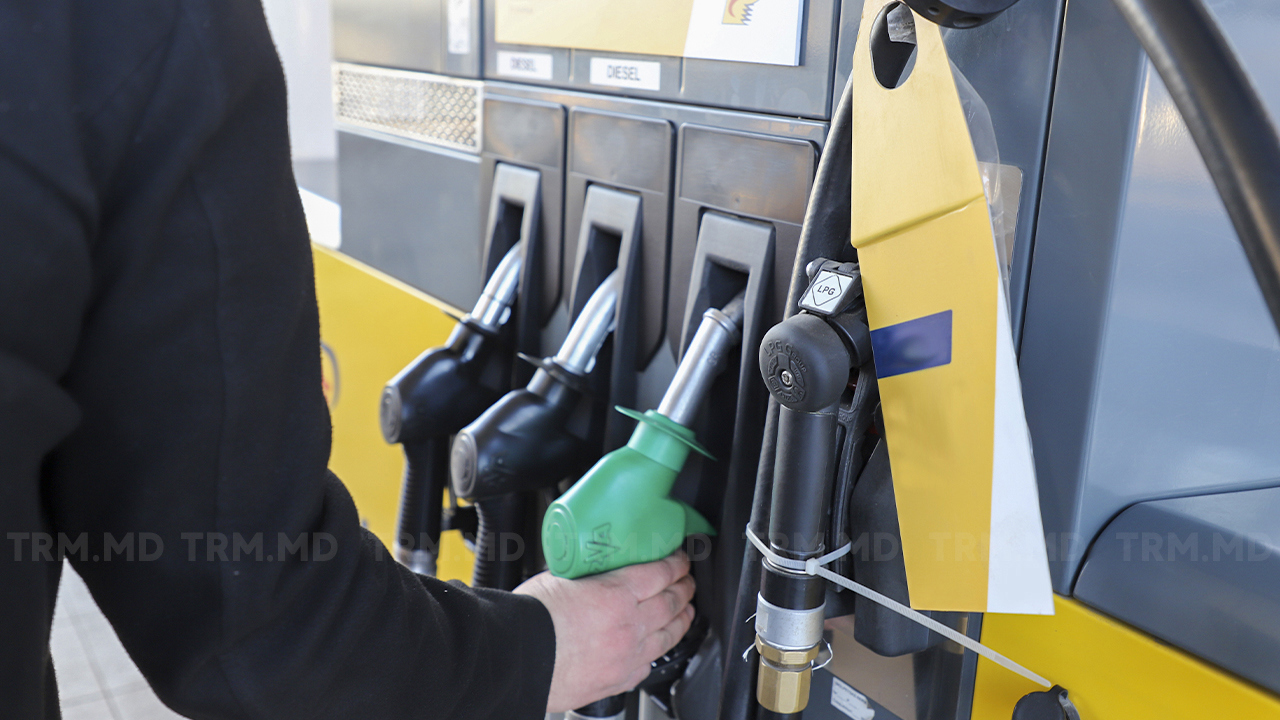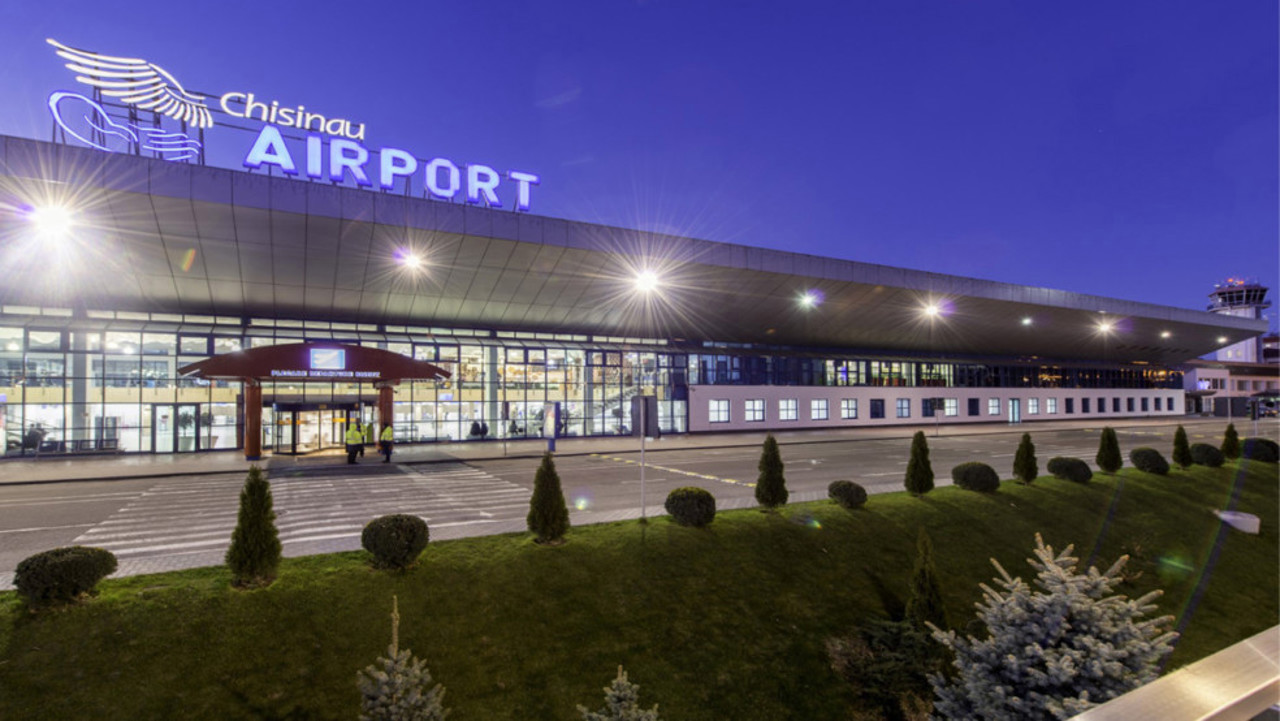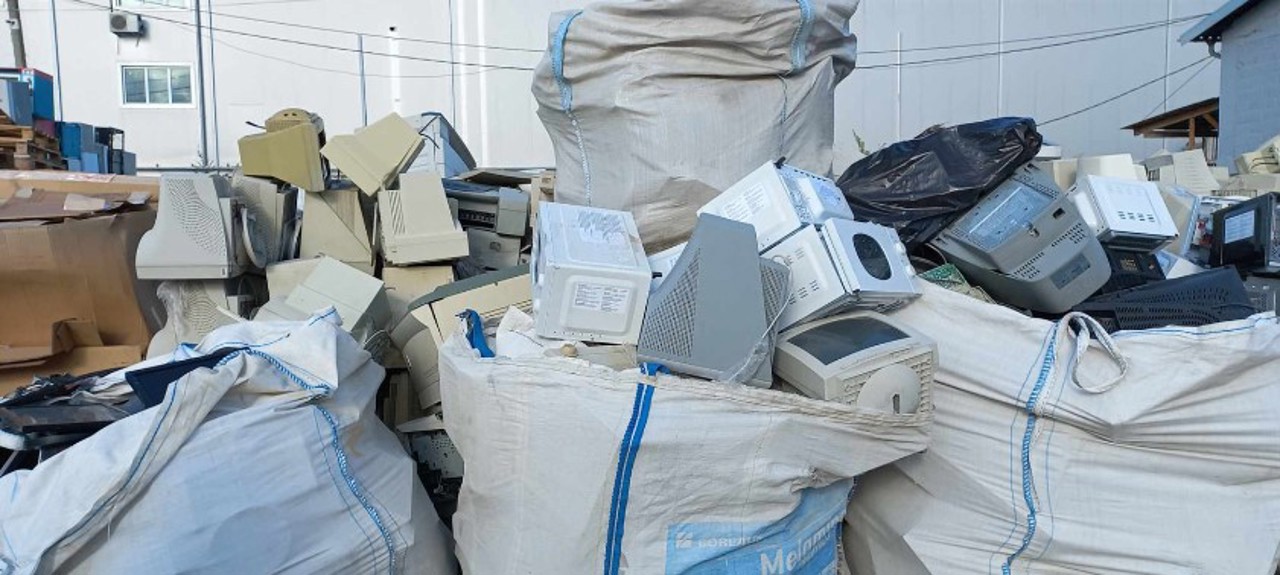Why insuring your home in Moldova is crucial

Despite a constant increase in the number of Moldovans insuring their homes, only 4 percent do so.
Although the law doesn't mandate citizens to insure their homes, specialists emphasize that homeowners should understand the importance of this process. In the event of a fire, an earthquake, or other risk situations, an insurance policy can fully cover the damages. However, illegally constructed dwellings, such as unauthorized attics, cannot be insured.
While home insurance is becoming an increasingly common practice, many citizens only take it out when obligated by banks, especially when they've purchased their home through a mortgage loan. Voluntary interest in insuring homes and household goods is still low, according to experts in the field, but a gradual increase is being observed. With an average annual premium of 50 euros, the insurer can offer coverage worth tens of thousands of euros in case of risk, states insurance expert Veaceslav Gamurari. All citizens need to do is contact insurance companies for consultations, and the insured amount will be determined based on the properties they own. According to him, the most frequent risks encountered by citizens are floods, followed by fires and explosions. Generally, insurance covers any type of natural calamity, excluding military risks.
If an apartment is insured at its real value, for example 50,000 euros, it's important to understand why this matters. I recommend everyone insure their home at its real value, not a diminished one. The goal of saving a mere ten euros on the insurance premium doesn't justify the risk. It's not worth proceeding that way. For instance, if an apartment is insured for 50,000 euros and, following a fire, the damage is estimated at 20,000 euros, the person will receive compensation according to the contract terms. On average, according to market practices, the person will receive 20,000 euros, minus, say, a 10% deductible. The deductible represents the part of the damage not covered by the insurer.
The condition is that the properties must be legally registered and possess a cadastral number. Illegally constructed dwellings, such as certain unauthorized attics, cannot be insured, Veaceslav Gamurari added.
The attic fire in Durlești prompted many citizens in the capital to consider insuring their homes. Some people consider this an absolutely necessary safety measure, especially in the context of unforeseen events like fires or earthquakes. Others hesitate due to a lack of information.
Yes, after what happened, it's important. I'd say it's an affordable price, not that expensive. I think pensioners also get something cheaper.
I have a mortgage, and my house insurance is automatic. I don't think the amount is that high, and it's good to have peace of mind.
Of course, it should help, I think. I don't have insurance, so I can't comment further.
I've heard about it, but my daughter handles that. Fires happen, and if the dwelling is insured, the state should pay something.
"We don't have our home insured yet because we just bought it, but we're in the process, as we know it's a very necessary thing, especially given what happened in Durlești," people say.
Following the insurance of over 41,500 properties in 2024, insurance companies collected over 35.5 million lei, according to BNM data. Therefore, on average, insurance could cost approximately 850 lei per year, but this depends on the surface area and type of dwelling.
Translation by Iurie Tataru






